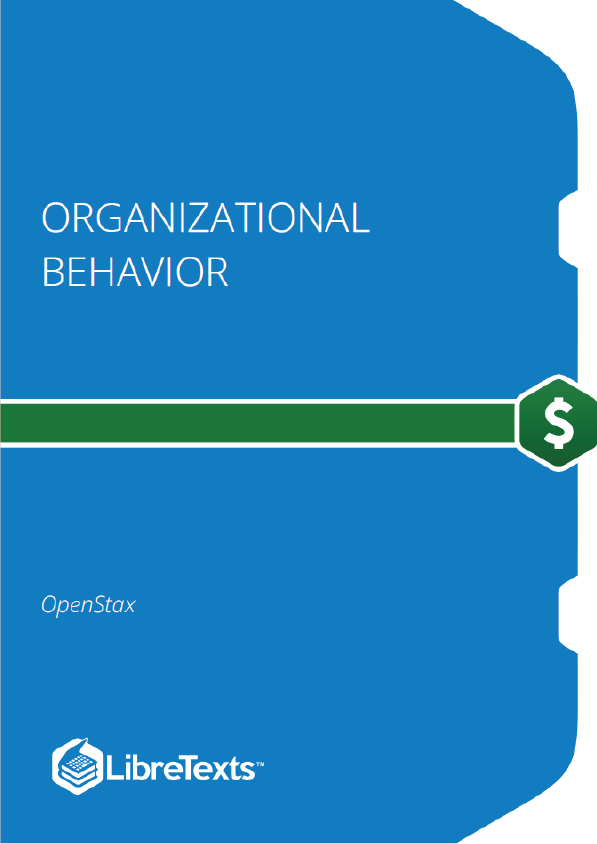Functions of Work
We know why work activities are important from an organization’s viewpoint. Without work there is no product or service to provide. But why is work important to individuals? What functions does it serve?
First, work serves a rather obvious economic function. In exchange for labor, individuals receive necessary income with which to support themselves and their families. But people work for many reasons beyond simple economic necessity.
Second, work also serves several social functions. The workplace provides opportunities for meeting new people and developing friendships.
Many people spend more time at work with their co-workers than they spend at home with their own families.
Third, work also provides a source of social status in the community. One’s occupation is a clue to how one is regarded on the basis of standards of importance prescribed by the community. For instance, in the United States a corporate president is generally accorded greater status than a janitor in the same corporation. In China, on the other hand, great status is ascribed to peasants and people from the working class, whereas managers are not so significantly differentiated from those they manage. In Japan, status is first a function of the company you work for and how well-known it is, and then the position you hold. It is important to note here that the status associated with the work we perform often transcends the boundaries of our organization. A corporate president or a university president may have a great deal of status in the community at large because of his position in the organization. Hence, the work we do can simultaneously represent a source of social differentiation and a source of social integration.
Fourth, work can be an important source of identity and self-esteem and, for some, a means for self- actualization. It provides a sense of purpose for individuals and clarifies their value or contribution to society. As Freud noted long ago, “Work has a greater effect than any other technique of living in binding the individual more closely to reality; in his work he is at least securely attached to a part of reality, the human community.” (S. Freud, Lecture XXXIII, New Introductory Lectures on Psychoanalysis (New York: Norton, 1933), p. 34.) Work contributes to self-esteem in at least two ways. First, it provides individuals with an opportunity to demonstrate competence or mastery over themselves and their environment. Individuals discover that they can actually do something. Second, work reassures individuals that they are carrying out activities that produce something of value to others—that they have something significant to offer. Without this, the individual feels that he has little to contribute and is thus of little value to society.











